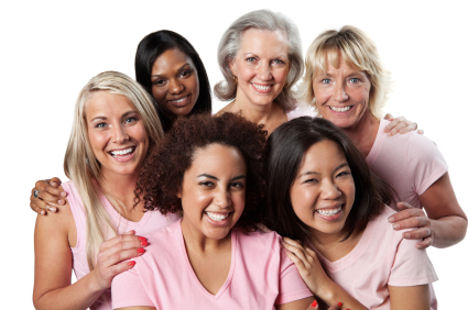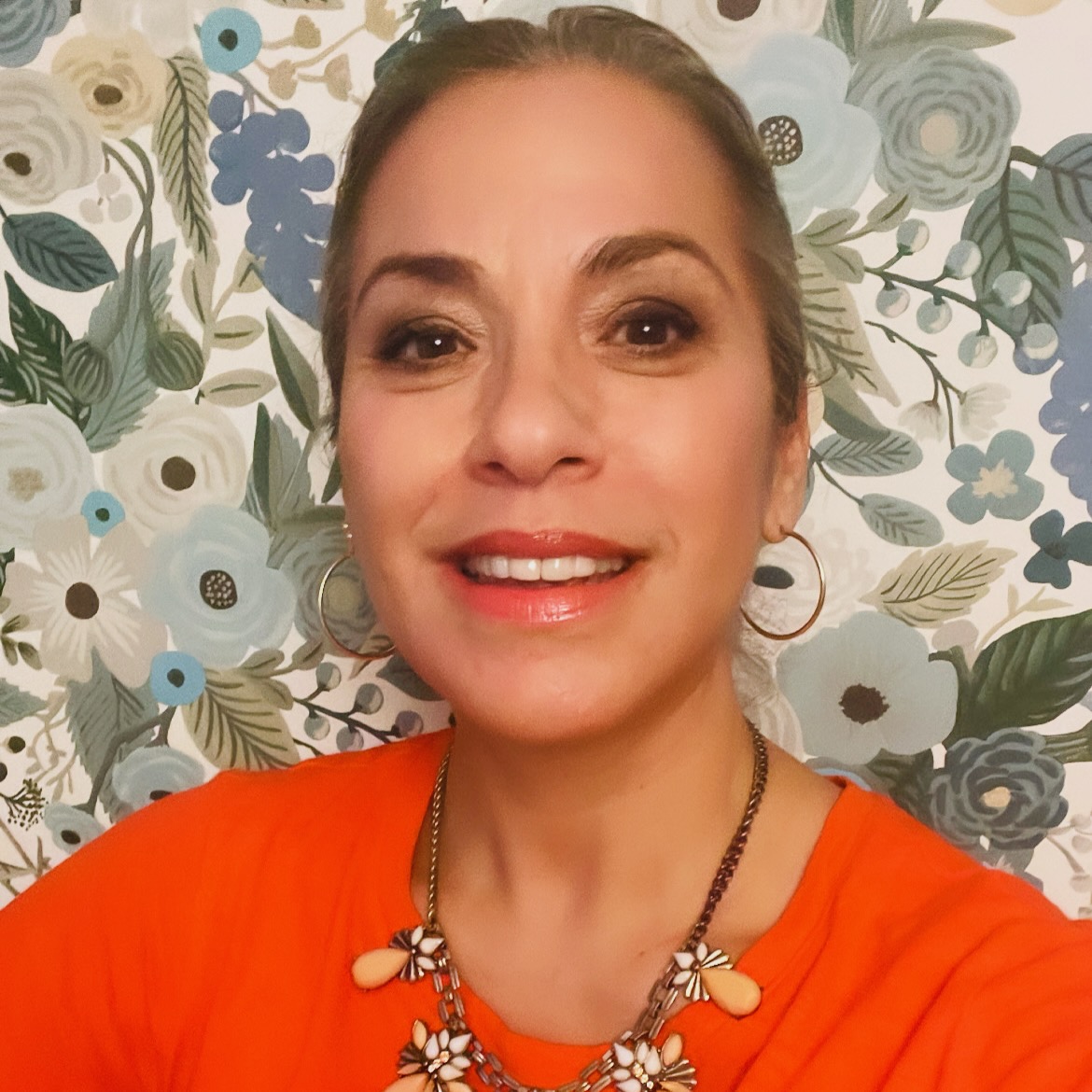We just wrapped up National Women’s Health Week and it got me thinking, being a national woman and all, how most of my clients and classmates––females in their 20s and 30s––are just now developing their identities, getting their first “real” jobs, and starting families, while my close female friends and I are in our mid- to late-40s, reminiscing about the million lives we seem to have already lived.
I’ve always said it’s never too late to start…whatever––a new habit, a new skill, a new career––but sometimes, UGH. Who has the time and energy? The older I get, the more set in my ways I’ve become (mostly about my routine and schedule) and now, with what already seems like two full-time jobs, I have to add a third: taking care of myself.
I was tempted to title this post “The Spring Chicken and the Rotten Eggs” because I believe that, while I’m young at heart and open-minded enough to want to soak up every new lesson and experience that comes my way, I’m starting to physically and mentally feel different, depleted. At 48 years old, I act half my age, but feel twice it. (Granted, the last few years of returning to school and rotating through my dietetic internship probably fast-tracked the age process for me.) I’ve got so many thoughts and ideas rushing through my brain at all times and a fairly full schedule. Before my feet even hit the ground, I’m a good part of the way through my to-do list. Yet, no sooner do I break for lunch, it feels like it’s time to wind down for bed and I’ve barely chipped away at the rest of my daily tasks.
Way, way back when I first learned about how oocytes develop and transition to ova, I did some mental math and figured I’d be hitting menopause when I turned 45. (The average age in America is about 511.) It hasn’t happened yet, but with each passing year, it has become all I can think about, waiting for it like a phantom hiding around the corner, ready to pop out and surprise me at any moment. I so want to embrace the decades in front of me, but I’m a planner by nature and I’ll admit I’m concerned about how to work around some of these challenges that seem to come with menopause. I’m already anxious, irritable, and depressed on any given day, sweat profusely when I’m barely moving, and often find it difficult to concentrate on—oooh! Squirrel!
But I think it’s easier to do than to undo, so how should we prepare for what awaits us on the other side of this decade?

(image credit: https://www.sproutlifestyle.com/)
For starters, let’s rejigger our numbers so that we’re not overeating. To maintain a healthy weight, we’ll require about 100-200 calories less each day than we did twenty years ago2. (Click here to calculate your daily needs.) But be sure to still pay attention to nutrition by eating high-quality protein (including those of the plant-based variety like beans, peas, nuts, and seeds), a healthy mix of fruits and veggies, fiber-rich whole grains, and good fats like those from olive oil, salmon, and avocado.
We should also be keeping active and including strength training in our weekly exercise regimen to protect bone density and muscle mass and reduce our risk of fractures (ain’t no fun getting a hip replacement at any age, let alone when you’re 70)3. Plus, if you continue to eat as you always have and don’t increase your physical activity, you’re likely to gain weight.
Calcium plays a major role in supporting our health as we age, so be sure you’re getting your recommended 1,000mg a day by adding foods like yogurt, sardines, tofu, or broccoli to your meals (click here to read my previous post on calcium)4. Vitamin D is a big deal, too, and the easiest way to get 600 IUs is through daily sun exposure. Be careful not to overdo it here, though, because you don’t want to chance getting sunburned. A mere 10 minute walk outside during lunch will suffice. Otherwise, you can add a mix of fish, fortified dairy, cheese, or eggs (with the yolks) to your daily meal plan5.
Sleep is also important. Start setting an alarm for yourself about an hour before bedtime and give yourself time to unwind, relax, reflect, and mentally prepare for the next day6. This means detaching from technology, so no screens once that alarm goes off.
I’m considering putting together a month-long challenge in July for females over 40 (but open to anyone who wants to join)––something related to weight loss and lifestyle habits. I realize the summer, which can be packed with graduation parties, barbecues, and other social events, may be especially difficult to stick to new eating guidelines; but that’s why it’s called a challenge. Besides, I don’t believe in waiting for the “perfect” time to start anything and I think if we can do it then, we can sustain it long-term.
If any of the above has resonated with you, regardless of your age or menopausal status, please leave a comment below. Let me also know if you’d be interested in joining our July challenge. In the meantime, please check out this handout (that I designed last year when I was a dietetic intern at Betances Health Center) to help you better understand some of the wellness measures you can take through each decade of your life or click here to access the fact sheet from the Academy of Nutrition and Dietetics if you’ve already entered the wonder(ful) world of menopause.
References:
- “Women’s Health: Menopause.” The Center for Menstrual Disorders & Reproductive Choice website.
- Warren, R.M. (n.d.) “8 Diet Changes Women Must Make After 40.” Health.com website.
- Munger, R.G., Cerhan, J.R. & Chiu, B.C. (1999). Prospective study of dietary protein intake and risk of hip fracture in postmenopausal women. American Society for Clinical Nutrition, 69(1), 147-152.
- Dawson-Hughes, B., Dallal, G.E., Krall, E.A., Sadowski, L., Sahyoun, N., & Tannenbaum, S. (1990). A Controlled Trial of the Effect of Calcium Supplementation on Bone Density in Postmenopausal Women. The New England Journal of Medicine, 323, 878-883.
- Calvo, M.S., Whiting, S.J., & Barton, C.N. (2004). Vitamin D fortification in the United States and Canada: current status and data needs. American Society for Clinical Nutrition, 80(6), 1710S-1716S.
- Jacobsen, M. (2014). Midlife Nutrition — Helping Women Over 40 Overcome Nutrition Challenges. Today’s Dietitian, 16(3), 30.


0 Comments